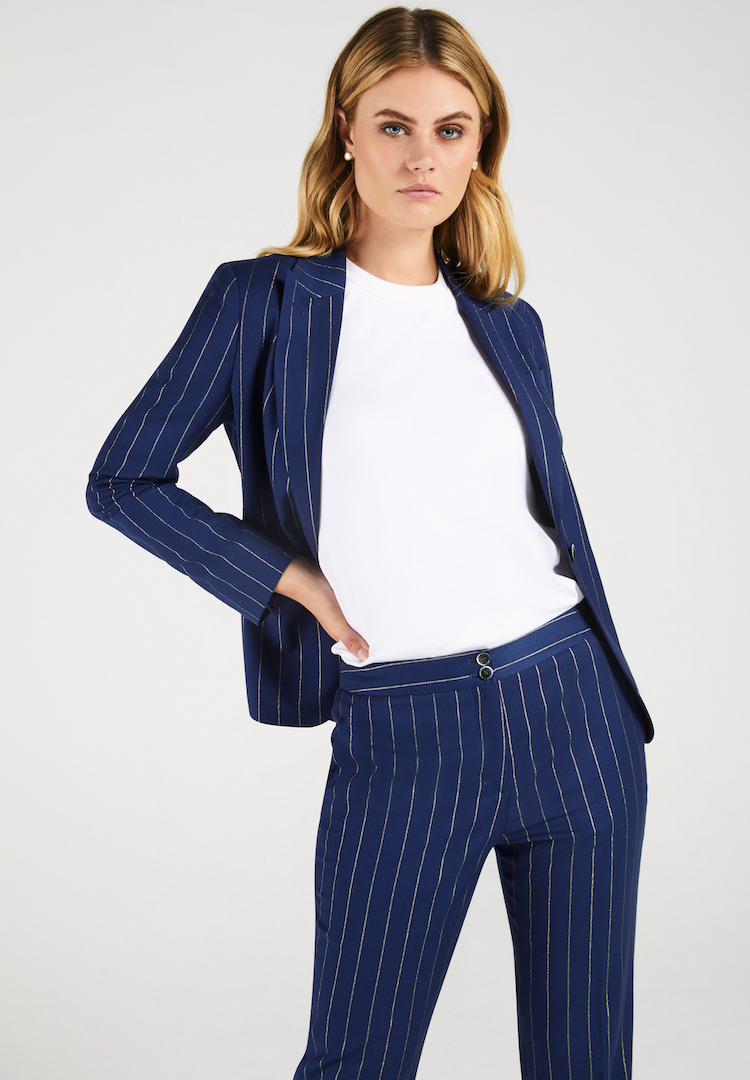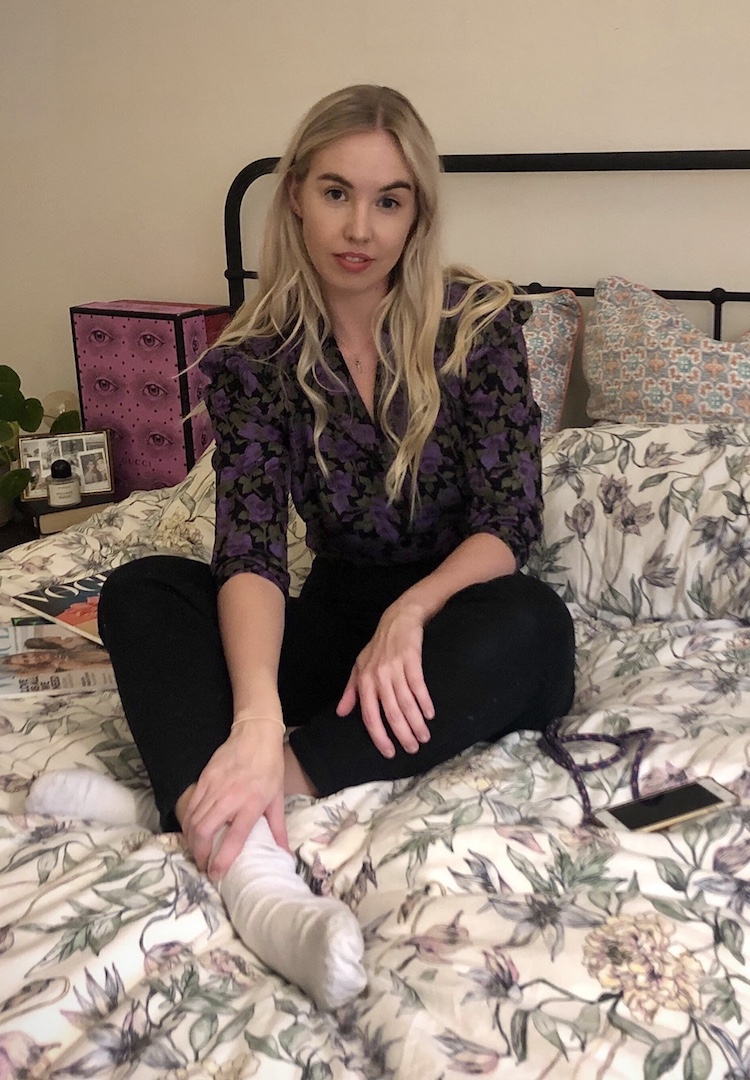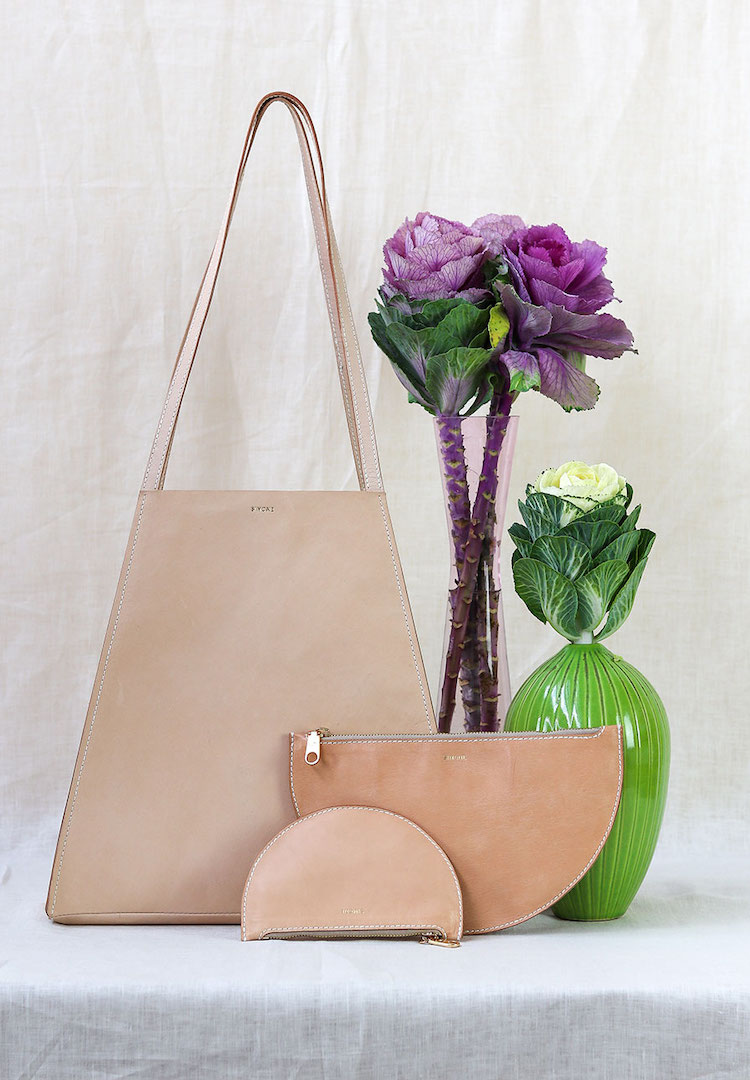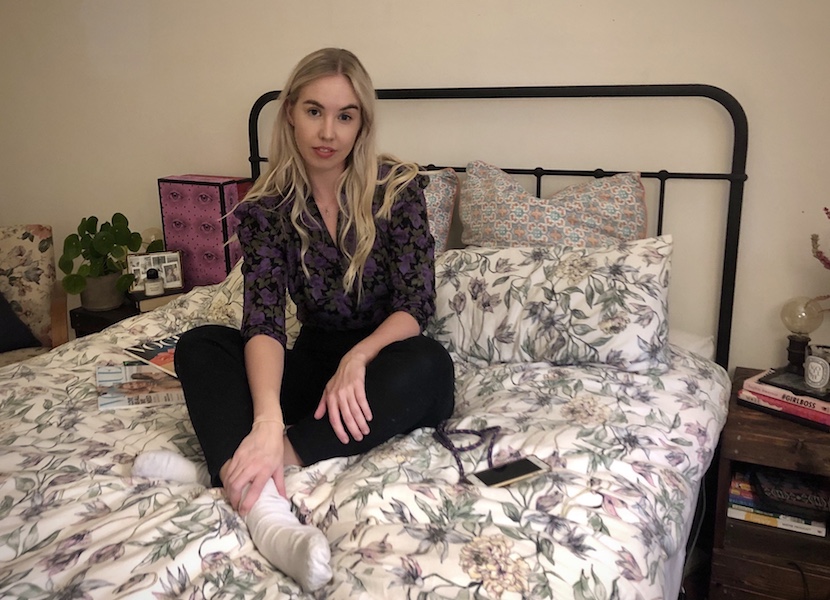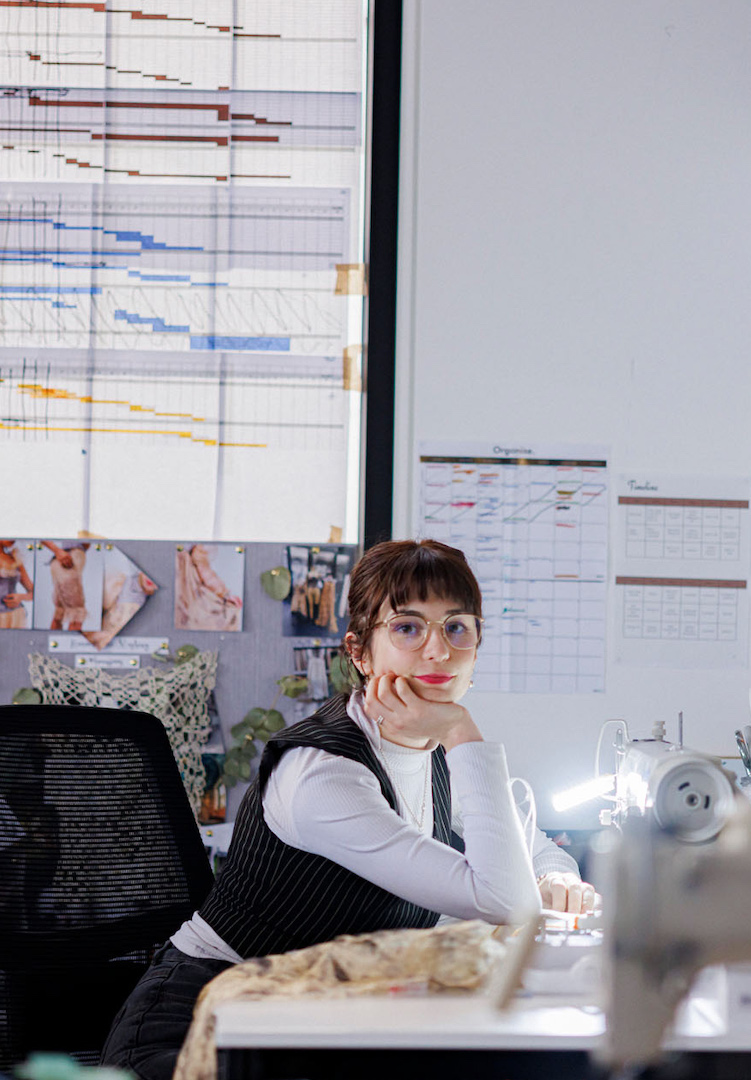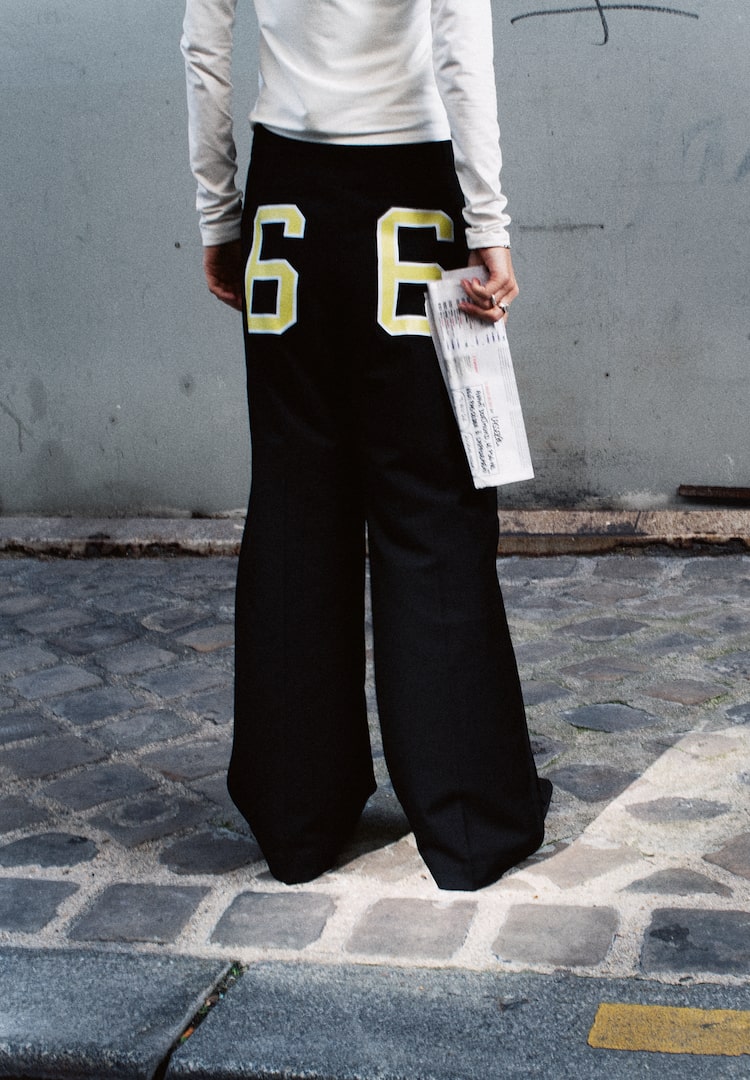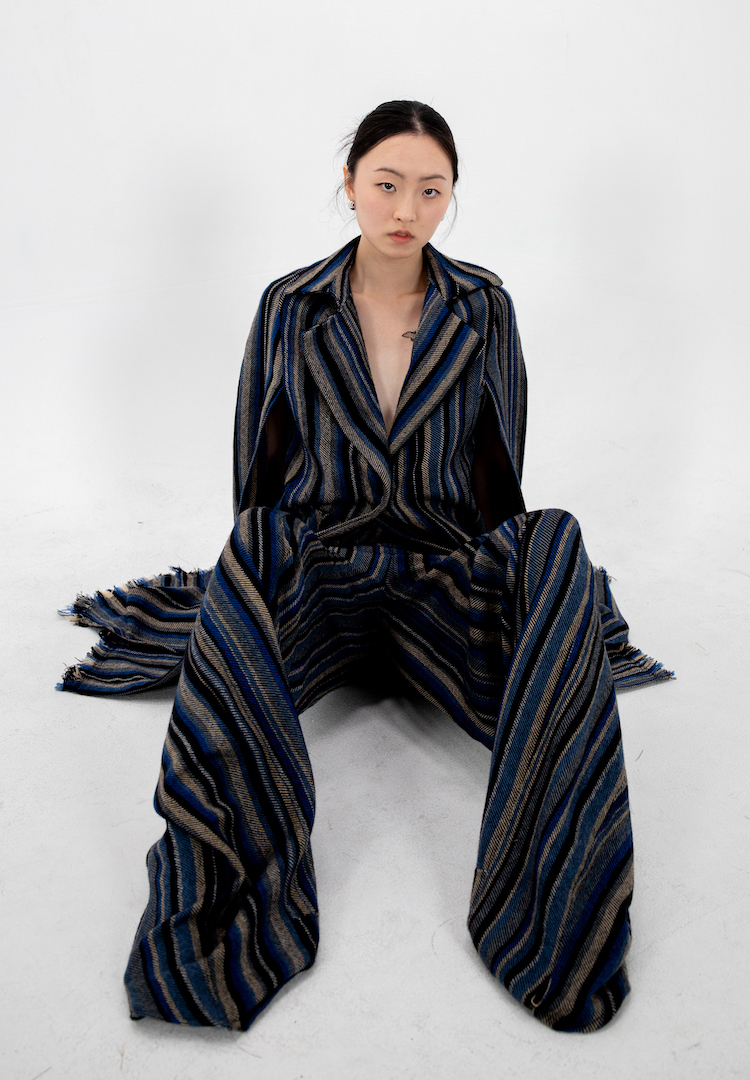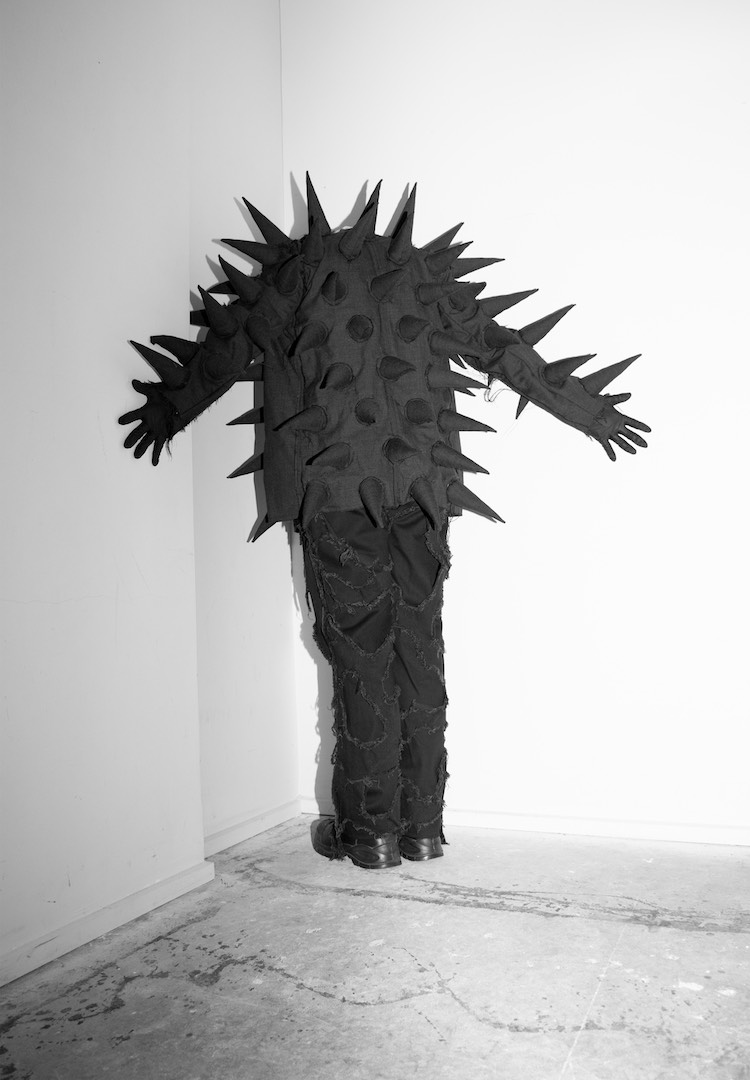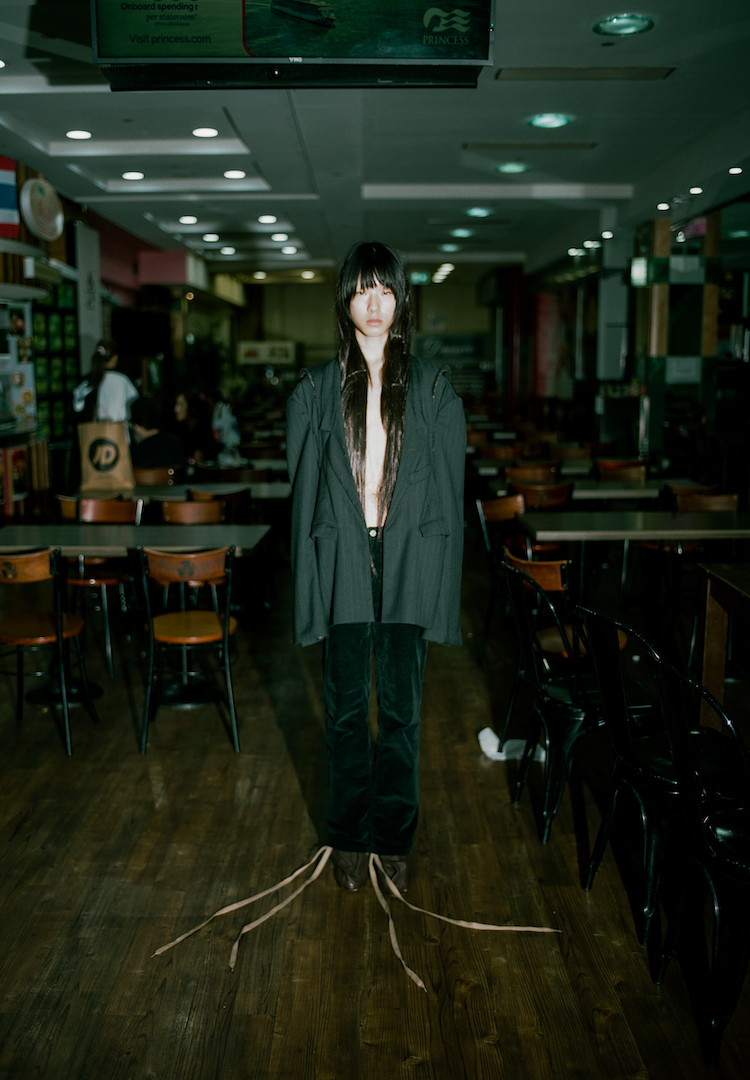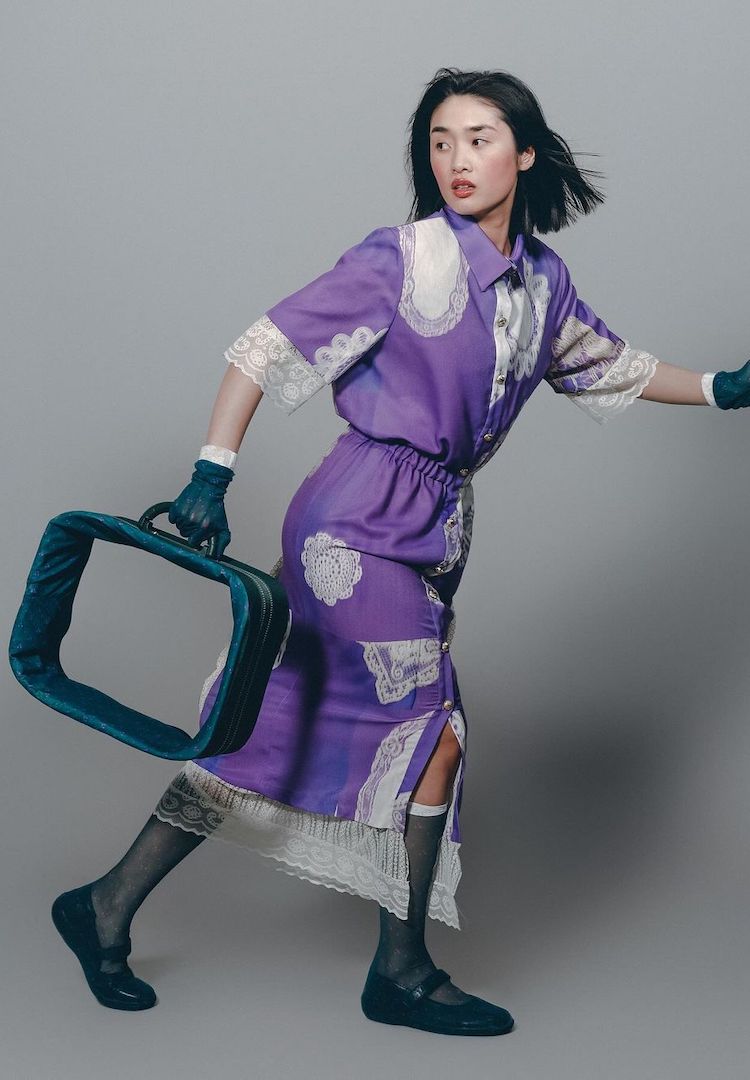Will you now pursue a career in fashion? We ask Australian fashion students
WORDS BY ISABELLE SACKS
The future looks bright.
Fashion has long been a difficult business to break into, but COVID-19 has thrown a spanner into the works for many young designers hoping to make their mark on the industry.
The fashion industry is facing some insurmountable problems right now, with mass retail closures and the future of both beloved brands and up-and-coming labels on shaky ground. Beyond this, the industry must contend with its status as a huge contributor to waste and pollution, as well as the sometimes appalling working conditions under which its clothes are produced.
Nevertheless, to some, the future of fashion looks bright. Many brands are embracing more sustainable, ethical practices and more diverse voices are being represented, whether that be through size-inclusive lines or a groundswell of support for Indigenous fashion designers.
Graduates and those beginning their careers in all fields are likely going to be facing an uncertain job market in 2020 and beyond. For young designers this begs the question; do you still want to pursue a career in fashion? To find out, we asked five Australian fashion design students.
Sharon Li, RMIT
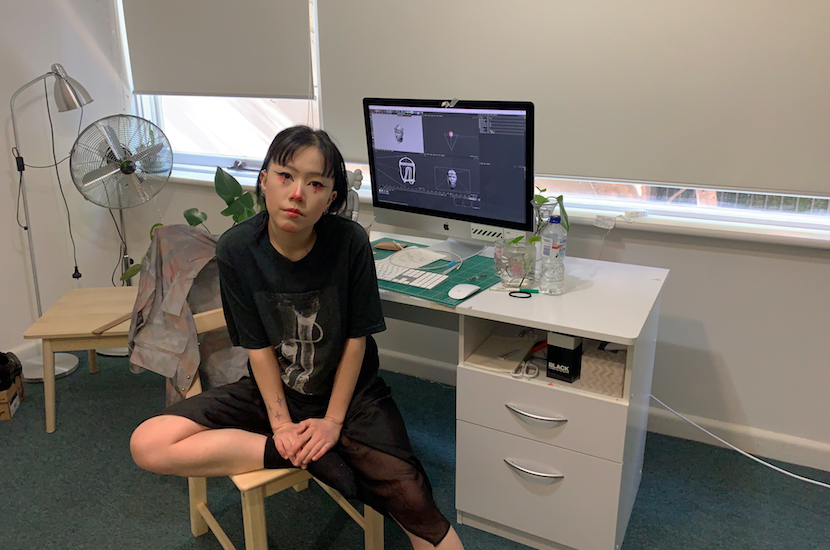
“Honestly given the current economic climate, employment in the industry will be a challenge certainly! However, there isn’t any one way to approach it, especially now that industries are becoming so interconnected and collaborative across disciplines. With a wider spectrum of opportunities available to myself and my cohort, I am extremely excited to see what everyone will achieve and dive into moving forward.
“I will be completely honest though, and admit [that] I don’t have a concrete idea of what I want to specifically contribute to the industry, but I think that the fashion landscape is wider than what is commonly perceived. What I have only recently been able to genuinely ingrain in my personal ethos, is to trust in the process and let that guide me. Practising fashion in itself is a privilege I’m grateful to have access to, and at the base level what I want to be able to do is subvert this privilege and feed it back into the industry.
“Throughout this degree, and thereafter, I want to continue to generate and build intercultural discourses on fashion and the divide across class systems. It is my dream to elevate consciousness and dismantle socioeconomic class systems, and its intersectionality with institutionalised racism within the fashion paradigm, which is what I am immensely growing to love about the prospects of fashion in digital domains!
“Working through how to transpose fashion into virtual modes in my honours research, I feel that there is so much potential to challenge myself and others in how we consume fashion. The loudest voice of the industry is its pride in visual culture and elevation, and I want to make it more accessible to people in streamlining digitisation of it. In a virtual space, it’s not the most tactile experience of consuming fashion but it won’t stop me from trying to negotiate it through experientiality and interactivity on a wider scale as I navigate through the industry.”
Peter Sanders, RMIT
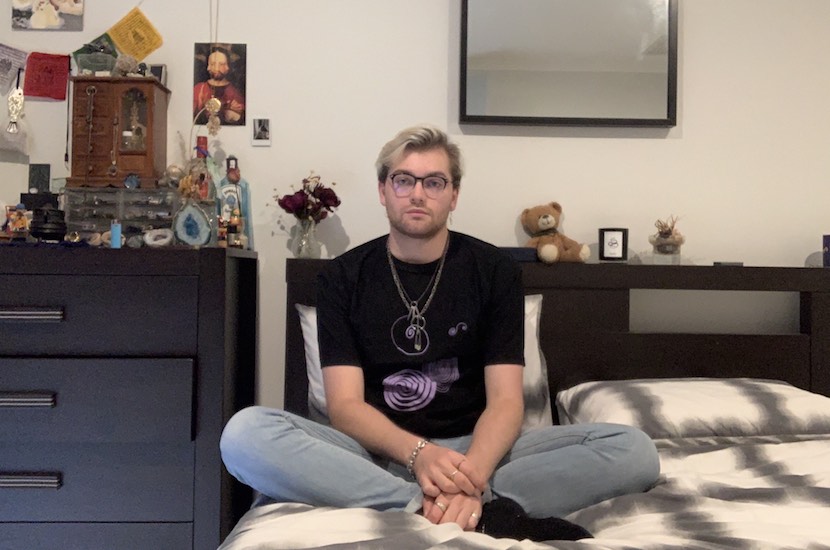
“I’ve certainly been thoroughly disillusioned by the fashion industry the more time I’ve spent within it, but at the end of the day fashion is everything to me and I don’t think I’ll ever move away from it entirely.”
“I make sense of the fashion industry through research, I always have and I think I always will. My main focus in researching fashion is to identify and solve problems within fashion, and at the moment I am seeing a lot of problems. My best skillset I’ve taken from studying fashion is that I’ve learnt to critique the industry I’m a part of. At first it seemed counter-productive to find faults in what I was doing but in reality, it’s the only way we can improve.
“As it stands there is a huge issue with accessibility in fashion, not from a consumer perspective (although that needs to be tackled as well), but more from a point of production. We only view fashion as being mass-manufactured, we only think of fashion in certain materials, and we have a very limited resource pool that we have to rely on.
“What I mostly want to pursue as a career in fashion is how we can apply these research ideas into a working system. I’m working a lot with digital software at the moment like Clo3D and I really do think these are ways in which we can start to allow wider access to fashion knowledge. We also need to start looking at the materials we have around us, [as] there’s so much potential around us and all of these new exciting ways in which we can apply it! I really think the future of fashion has so much potential, I’m thrilled to be able to be a part of it, but we need to pull our socks up and get our act together.”
Anna Davis, RMIT

“One of the key things I have learnt so far is that to have a rewarding career in fashion you need to have tenacity, drive, and love what you do. As I reach the halfway point of my masters I am now, more than ever, still so motivated and inspired to pursue a career in fashion. I believe that work experience is what lays the foundation for building your career. I’ve been working in the luxury fashion industry for over 10 years and have had amazing internship opportunities at internationally recognised companies such as mytheresa.com, Vogue Germany and Vogue Australia.”
“Although I am incredibly excited to work in the industry, I believe it needs to evolve and more environmental and ethical business models need to be implemented. I have seen firsthand the irreversible damage that fast fashion is having on our environment and consumers are demanding that the industry should hold itself accountable.
“Ultimately, it is the younger generation who will take this action and I am playing my part by educating myself with the aim of coming up with innovative ways to help the industry thrive without so much collateral damage. With this goal in mind, I decided to return to university to study a Master of Fashion (Entrepreneurship) at RMIT. Looking at what I’ve learnt so far, my masters has given me the skills to critically analyse the fashion industry from the perspective of an innovative entrepreneur.
“It has taught me about the Circular Fashion Economy and how through education and developments in new technology we will be able to develop a sustainable business model for the fashion industry today. Not only is this knowledge incredibly valuable in giving me a competitive edge when I graduate, but it has also helped me define the kind of fashion industry that I want to work in.”
Conor Barkla, RMIT
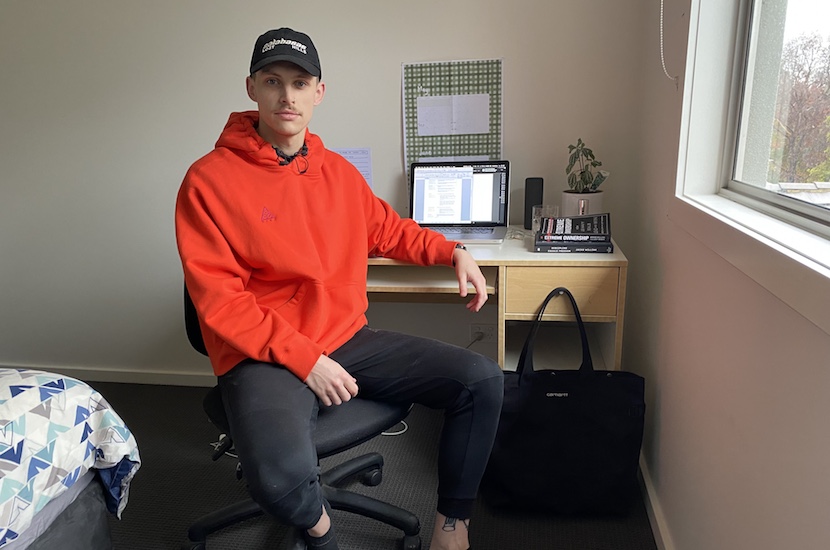
“My degree in this course has shown me the opportunity of careers available, and they’re not restricted to the field of fashion or apparel industries. You are encouraged if not forced at times to think critically, creatively and appropriately towards opportunities, threats and scenarios, while independently assessing and provided with constructive feedback on approach and performance.
“These type of skills are developed through a range of classes, and I believe these help develop skills applicable to almost any career. Working with team leadership and developing peer relationships in companies through to sustainable methods in production, recycling and determining the future of a business’s eco-footprint, the areas of career opportunity and growth are wide.
“COVID-19 has placed pressure on the Australian market for jobs after graduation, but I view this as both a challenge and opportunity to focus on my own personal endeavours in establishing my own apparel brand while opening my range of potential career paths for the future. This degree has allowed me to discover my passion in apparel and that is focusing on performance and functionally focused garments, specifically among the fields of sport, medical, and professional roles such as the military and technology-enhanced textiles.
“My passion and focus are supported by my interests including staying fit, active and challenged, always looking to learn and gain from social interactions. I look forward to pursuing a career in fashion, whether that be entrepreneurial or working for an established brand, that specialises in the field of performance and functionally designed garments that are underpinned by sustainability and innovation.”
Samantha Saint James, Whitehouse Institute of Design
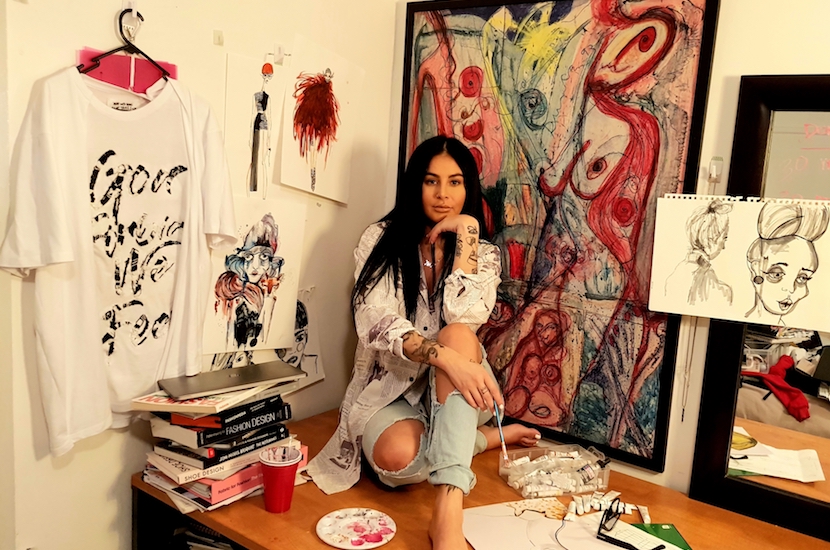
“Fashion is something that will never go out of style regardless of what is happening in society or the economy, it only evolves and adapts to the present moment much like my online learning experience with Whitehouse Institute of Design. The involvement has been amazing so far, my mentors have been with me every step of the way and the experience has allowed me to push myself further on all levels from design to time management while absorbing and adapting to a new way of learning.
“Irrespective of your social status, your background, ethnicity or financial profile, fashion is an instrument humans use to express ourselves whether it be how we want the world to perceive us or how we feel at the time; fashion is always an expression of one’s self. To think there is a push to boycott fashion puzzles me because without fashion we would be naked, literally. Fashion has been around for centuries, although I do believe more environmentally conscious decisions need to be made within the industry, to boycott an industry which clothes each individual on a daily basis is curious.
“As an agile designer, I have been blessed to have the ability to execute both a high-end traditional perspective in design and also look to the future within product development whilst understand both opposing target markets. Whether you are wearing a couture piece designed by Gucci or a puffer jacket purchased from Cotton On, you have to remember these pieces were designed by somebody for somebody.
“For me to be able to design and produce garments that ignite confidence and [a] fire in somebody to step out and conquer the world is [something that is] unmatched. Human connection, the ability to always express myself through design and help others express themselves, will always be my drive within the fashion industry.”

